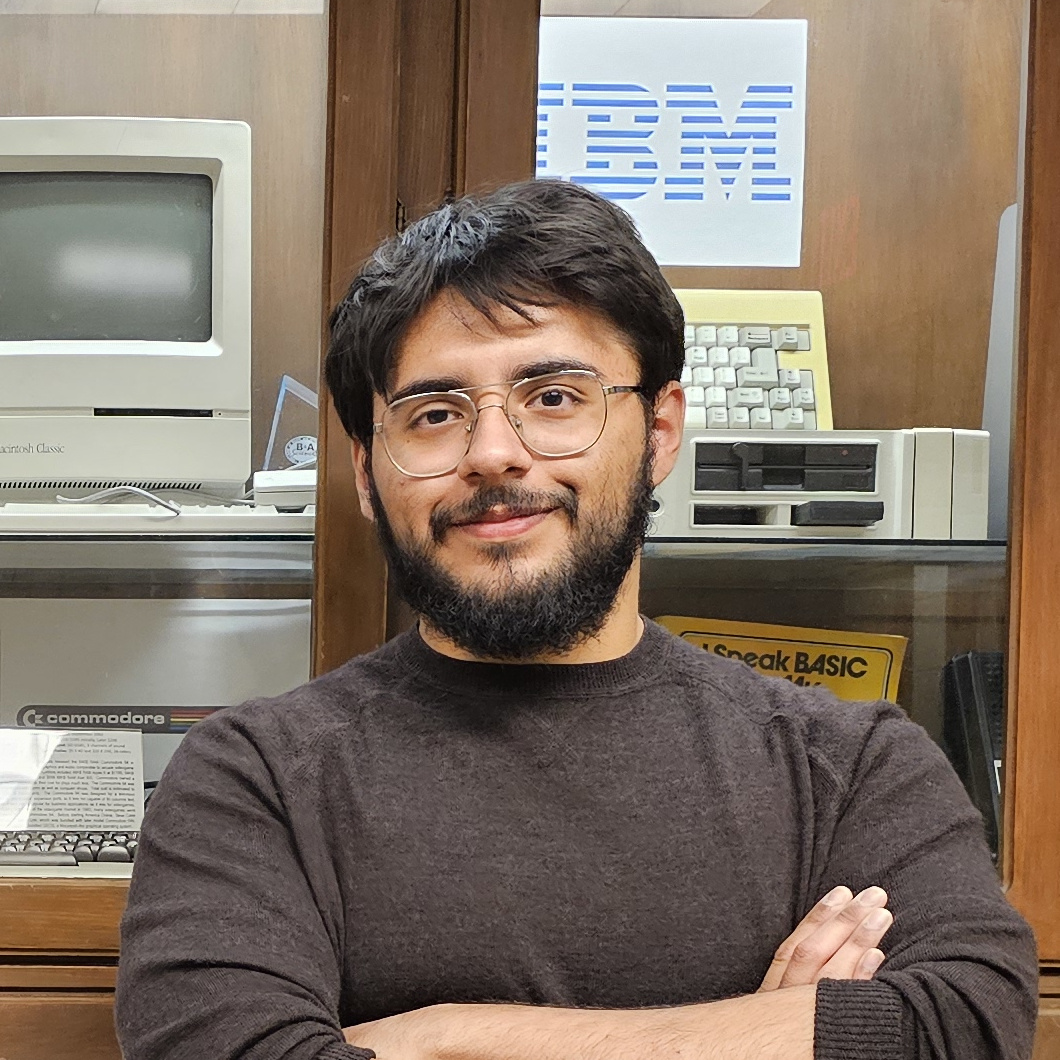Questions I'm Frequently Asked
What is Computing Education Research (CER)?
Computing refers to the phenomena of computation and computational ideas, including traditional computer science ideas like data structures and algorithms. Computing Education Research (CER) is a:
- Practice: The field explores how computing is, should be, and can be taught in effective and inclusive ways through experimental, design, and qualitative research.
- Community: The field is composed of researchers from Computer Science and Engineering, Human–Computer Interaction, Information Science, and Education and Learning Sciences.
- Literature: The field is an established a body of work across many journals and conferences, such as SIGCSE TS, ICER, the Journal of Computer Science Education, and the ACM Transactions on Computing Education.
Of course, I'm an undergraduate — not a seasoned professor. Consult Amy J. Ko's CER FAQ for more information.
What Does Epistemology Have to do With CER?
Epistemology is a branch of philosophy asking questions like
- What is knowledge?
- Where does knowledge come from?
- How is knowledge different from beliefs, guesses, or doubts?
- How certain should we be about knowledge to act on it?
- When should I accept my peers' statements as knowledge?
- When should I revise my beliefs?
Your answers to these questions impact how you find information and build explanations about the world. They impact how you approach approach learning, discourse, experimentation, and craft.
For CER, epistemology influences how learners build knowledge claims about the social, ethical, and designerly dimensions of computation.
How Did You Get Into Research?
I created videogames in high-school but started reading about education and educational video games in my senior year. As a result, I decided to learn more about programming and learning to design educational video games helping students learn through play, particularly by generating individually-tailored experiences with graph grammars.
In the spring of my sophomore year at Middle Tennessee State University, I enrolled in an introductory biology course taught by a biology education researcher, Dr. Grant Gardner, who pointed me to researchers in the Learning Sciences for further reading. That summer, I continued learning about educational technologies through a study abroad trip in Ireland while conducting machine learning research through the Undergraduate Experiential Training Program at MTSU.
In the fall of my junior year, I began asking questions about how education and epistemic beliefs fit into democratic society after writing a response essay to a seminar about civic knowledge and education. I decided to use my undergraduate thesis to explore these questions in the domain of Computing Education, advised by chemistry education researcher Dr. Tasha Frick, and began work that fall and the following spring.
In the summer after my junior year, I worked with Dr. Amy J. Ko at the Center for Learning, Computing, and Imagination at the University of Washington as an undergraduate research assistant to study Wordplay, an educational programming language. This fall, I am wrapping up my thesis and looking for research opportunities in Computing Education and Epistemic Cognition.
See this site's sourcehut repository to view its source code and provide feedback. This site's code is modeled after that of Amy J. Ko's faculty website. Colorscheme is Flexoki by Steph Ango.
